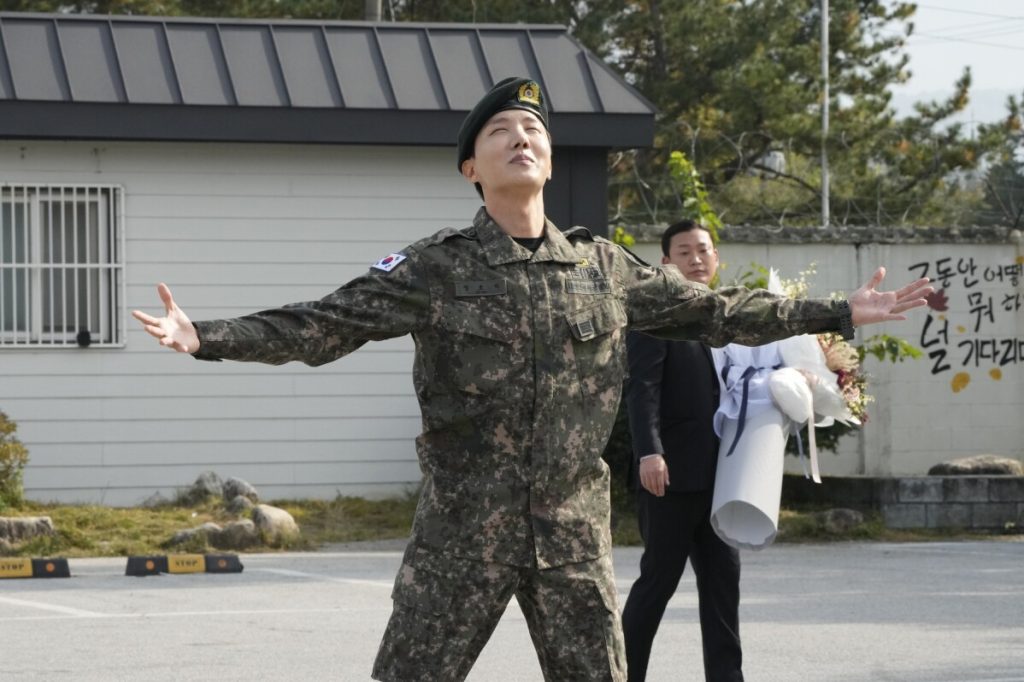BTS Completes Military Service: A Closer Look at South Korea’s Conscription Policy and Celebrity Exceptions
As BTS members finish their mandatory military service, questions remain about fairness and national duty amid public debates on celebrity exemptions.

The recent completion of mandatory military service by all seven members of the global K-pop sensation BTS marks more than just a reunion for fans—it throws into sharp relief the complexities and controversies surrounding South Korea’s conscription system.
Suga, having fulfilled his duties through alternative social service, officially discharged this week, joins his bandmates who served active army enlistments between late 2023 and mid-2024. Jin was the earliest discharged member in June 2024, followed by J-Hope in October, and most recently RM, V, Jimin, and Jung Kook.
South Korea mandates that all able-bodied men aged 18 to 28 serve between 18 to 21 months in the military. This policy is central to national defense given the ongoing threat from North Korea. However, BTS’s path reveals disparities in how the law applies based on fame and influence.
Celebrity Privileges Amid National Duty
Though athletes and classical musicians may earn exemptions if they achieve top international accolades—thereby deemed to boost national prestige—pop stars like BTS traditionally did not enjoy these privileges. Yet legislative changes in 2020 allowed K-pop stars to delay enlistment until age 30, an adjustment widely seen as catering specifically to high-profile entertainers.
This special treatment sparked intense public debate about equality before the law. Critics argue that allowing delays or alternative service undermines the principle of uniform sacrifice for national security. Proponents claim that BTS’s global cultural impact justifies accommodations that ultimately benefit South Korea’s international standing.
The Promise of Duty Fulfilled
BTS’s management agency confirmed that despite public pressure for exemptions, all members chose to fulfill their military obligations fully—a decision lauded by some as setting a patriotic example. Yet questions remain whether such exceptions should exist at all or if they create a two-tier system privileging celebrities over ordinary citizens.
The Bigger Picture
The South Korean model highlights challenges democracies face balancing national security with modern societal realities. While mandatory service deters external threats, growing demands for equity question if selective deferments weaken social cohesion and trust in institutions.
A full accounting requires vigilance against political favoritism masked as cultural promotion. True accountability demands transparent criteria applied fairly across all sectors—not handouts reserved for global superstars.
